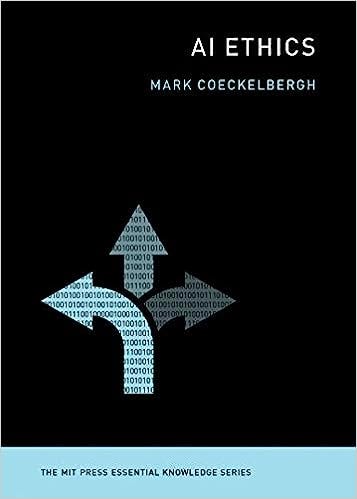AI Ethics: Book Review
Privacy, Bias, and the Meaning of Life
We’ve been exploring many themes related to AI recently, and our book reviews are certainly reflecting that. This month continues with the theme as I dove into AI Ethics by Mark Coeckelbergh.
The book explores a variety of topics, including the philosophy of AI ethics, implications of different AI applications, and the challenges we face in regulating AI and AI companies.
So let’s dive into it.
Overview
AI Ethics introduces the philosophical concepts of AI and the ethics involved, including both good and bad implications. It then applies the broad foundations to specific AI applications like self-driving cars, policing, and warfare. And finally explores the challenges of regulating AI. It has many similarities to The Alignment Problem, which we explored previously (and you should check out if you haven’t).
So let’s look at some key takeaways.
Key Takeaways
Privacy
Today’s AI, especially LLMs (large language models) collect and use vast amounts of data, including personal data from all of us. OpenAI calls this out, saying ChatGPT is “trained on a massive amount of text data from various sources on the internet, such as books, articles, websites and other text-based sources.” That means anything on the internet could be fair game.




